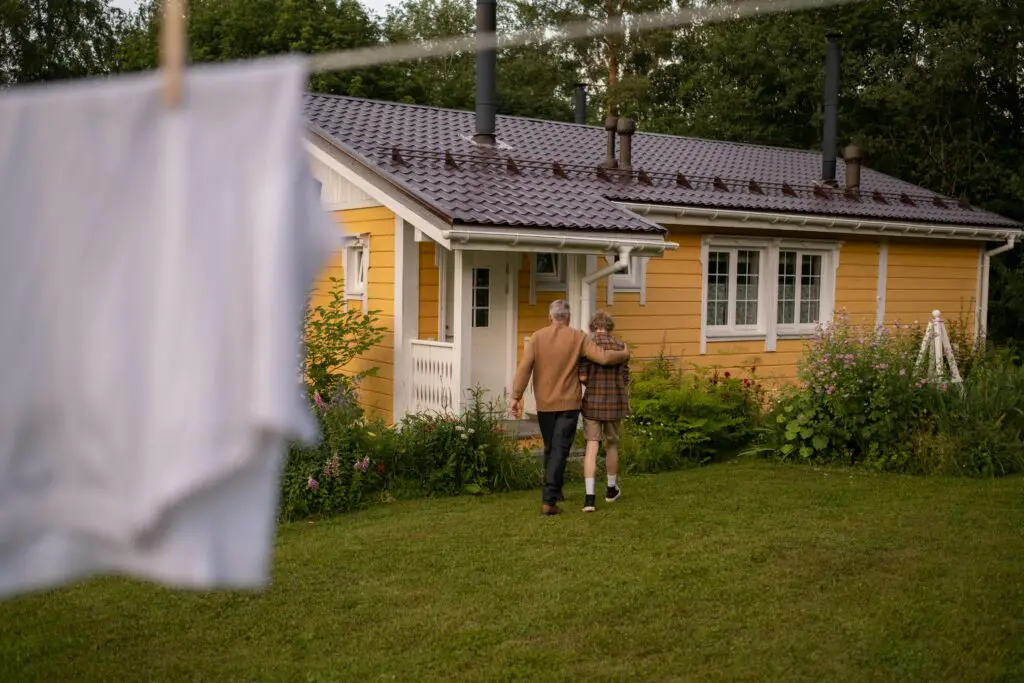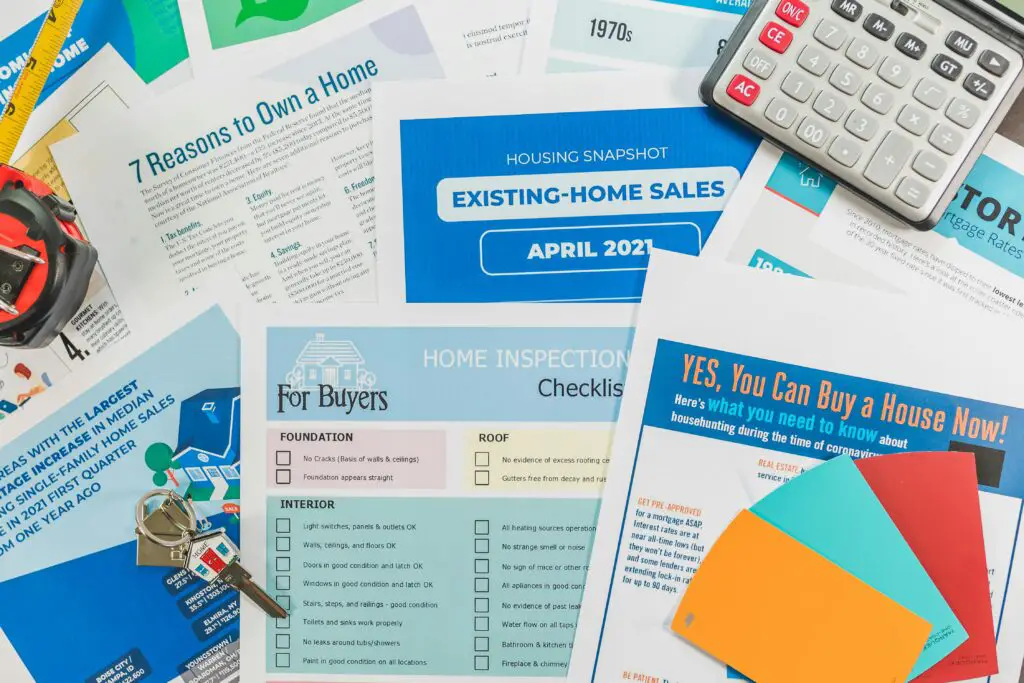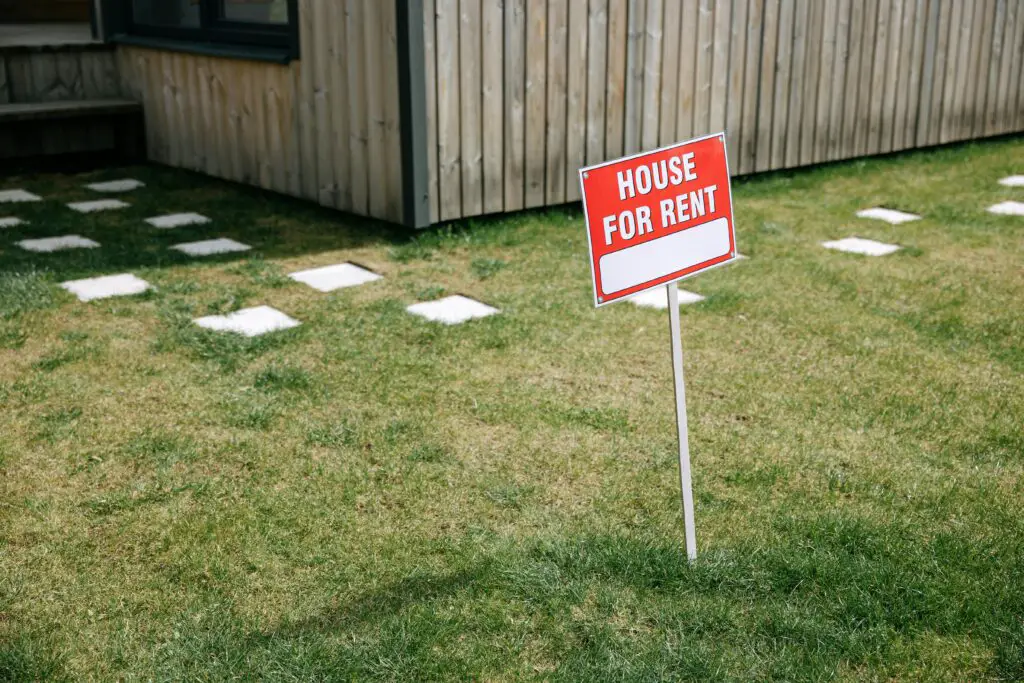1. “The Suburbs Are Dead”

Experts once predicted that urban living would dominate, leaving suburban areas in decline. Instead, the pandemic reignited interest in suburban spaces, with families seeking larger homes and outdoor space. Suburbs have seen a resurgence in demand, with housing prices soaring in areas once thought to be stagnant.
2. “Millennials Will Never Buy Homes”

It was widely believed that millennials would remain renters for life due to debt and economic struggles. However, this generation has become the largest group of homebuyers, driven by low-interest rates and the desire for stability. They are redefining the market with their preferences for walkability and modern amenities.
3. “Remote Work Won’t Affect Real Estate”

Before the pandemic, few anticipated how dramatically remote work would reshape housing markets. The shift allowed people to move away from expensive urban hubs, boosting demand in smaller cities and rural areas. This trend has permanently altered the real estate landscape, contrary to earlier predictions.
4. “Tiny Homes Will Dominate”

Experts believed that tiny homes would revolutionize the housing market as a sustainable and affordable option. While they gained popularity as a niche trend, they failed to achieve mainstream adoption. Issues like zoning laws and limited practicality have hindered their growth.
5. “Housing Prices Will Stabilize After 2008”

Many analysts predicted that the 2008 housing crisis would bring long-term stability to the market. Instead, housing prices have skyrocketed in recent years, driven by low inventory and high demand. The market’s volatility continues to defy expectations.
6. “Baby Boomers Will Downsize in Droves”

It was assumed that aging baby boomers would downsize, flooding the market with large family homes. However, many boomers are choosing to age in place, reducing inventory for younger buyers. This unexpected trend has intensified competition in the market.
7. “Urban Centers Will Always Be Hot”

For years, experts declared that city living would remain the pinnacle of desirability. The pandemic disrupted this narrative as people fled urban areas for more affordable and spacious living options. While cities are recovering, their dominance is no longer guaranteed.
8. “Interest Rates Will Stay Low Indefinitely”

The prolonged period of low interest rates led some to believe they would last forever. However, rising inflation has forced central banks to raise rates, cooling the once-red-hot housing market. This reversal caught many experts by surprise.
9. “Vacation Rentals Will Replace Traditional Ownership”

Platforms like Airbnb were expected to revolutionize real estate, with vacation rentals becoming the norm. While they remain popular, stricter regulations and community pushback have limited their growth. Traditional homeownership remains a cornerstone of the market.
10. “Real Estate Is a Guaranteed Investment”

For decades, real estate was seen as a surefire way to build wealth. However, recent market fluctuations and economic challenges have proven that this is not always the case. Buyers are increasingly wary of overvalued properties and potential downturns.
11. “The Midwest Is a No-Go Zone”

Experts often overlooked the Midwest as a viable real estate market, assuming coastal cities would always dominate. Recently, affordable housing and job opportunities have made cities like Columbus and Indianapolis attractive alternatives. The Midwest is experiencing a quiet boom.
12. “Coastal Properties Are the Safest Bet”

It was long assumed that properties near the ocean would always increase in value. Rising sea levels and climate risks have made many coastal areas less desirable. Buyers are now considering environmental factors when choosing where to invest.
13. “Renting Will Always Be Cheaper Than Owning”

Historically, renting was seen as the more affordable option. However, rent prices have risen so dramatically in many cities that owning a home can be more cost-effective. This shift has challenged conventional wisdom about renting versus buying.
14. “Tech-Driven Real Estate Will Revolutionize Buying”

While technology like virtual tours and blockchain has improved certain aspects of the process, it hasn’t replaced traditional methods. Buyers still value in-person experiences and agent expertise when making such significant decisions. The human touch remains essential.
